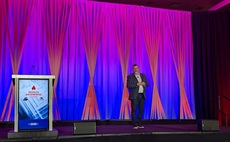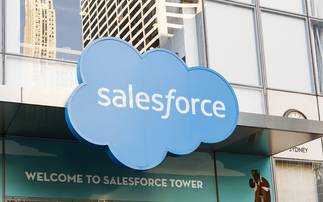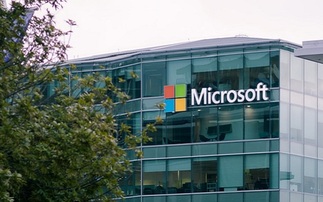Thailand floods, eurozone crisis and uncertain economic outlook mean growth will be patchy
Worldwide IT spending is to hit $3.8tn (£2.4tn) in 2012, a 3.7 per cent increase on 2011 according to forecasts by research firm Gartner. The impact of Thailand's floods on hard disk drive (HDD)...
To continue reading this article...
Join Computing
- Unlimited access to real-time news, analysis and opinion from the technology industry
- Receive important and breaking news in our daily newsletter
- Be the first to hear about our events and awards programmes
- Join live member only interviews with IT leaders at the ‘IT Lounge’; your chance to ask your burning tech questions and have them answered
- Access to the Computing Delta hub providing market intelligence and research
- Receive our members-only newsletter with exclusive opinion pieces from senior IT Leaders






















